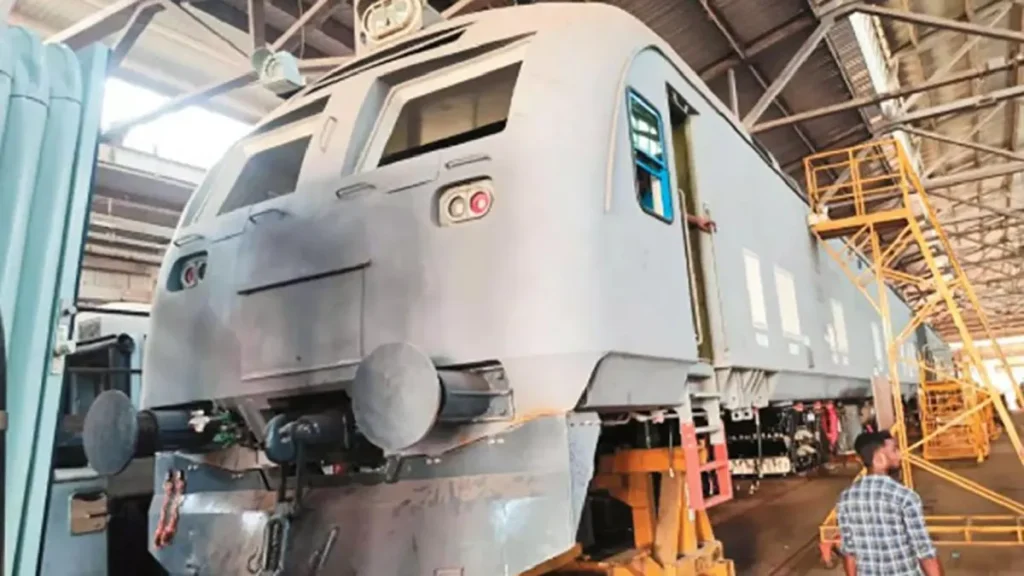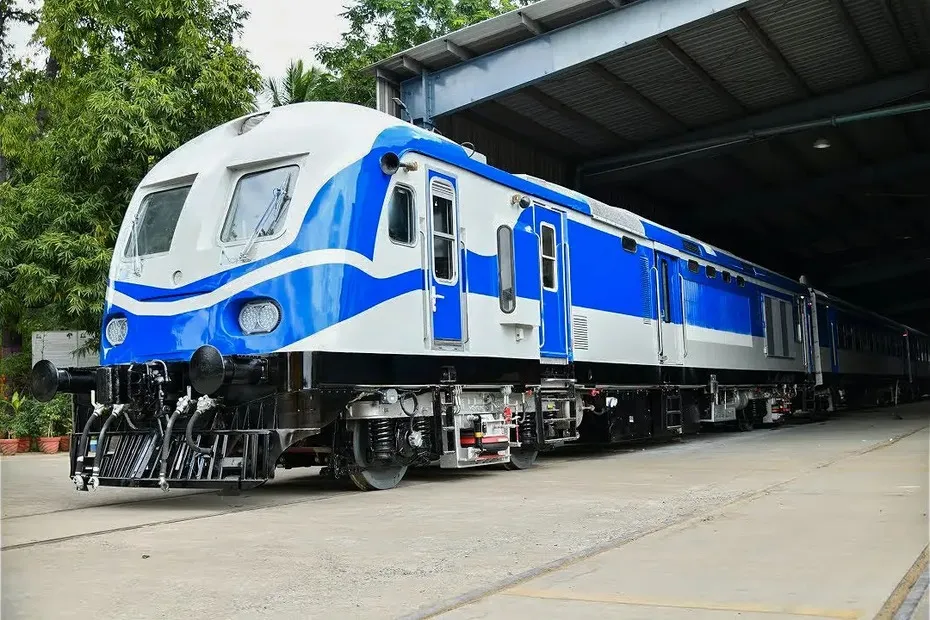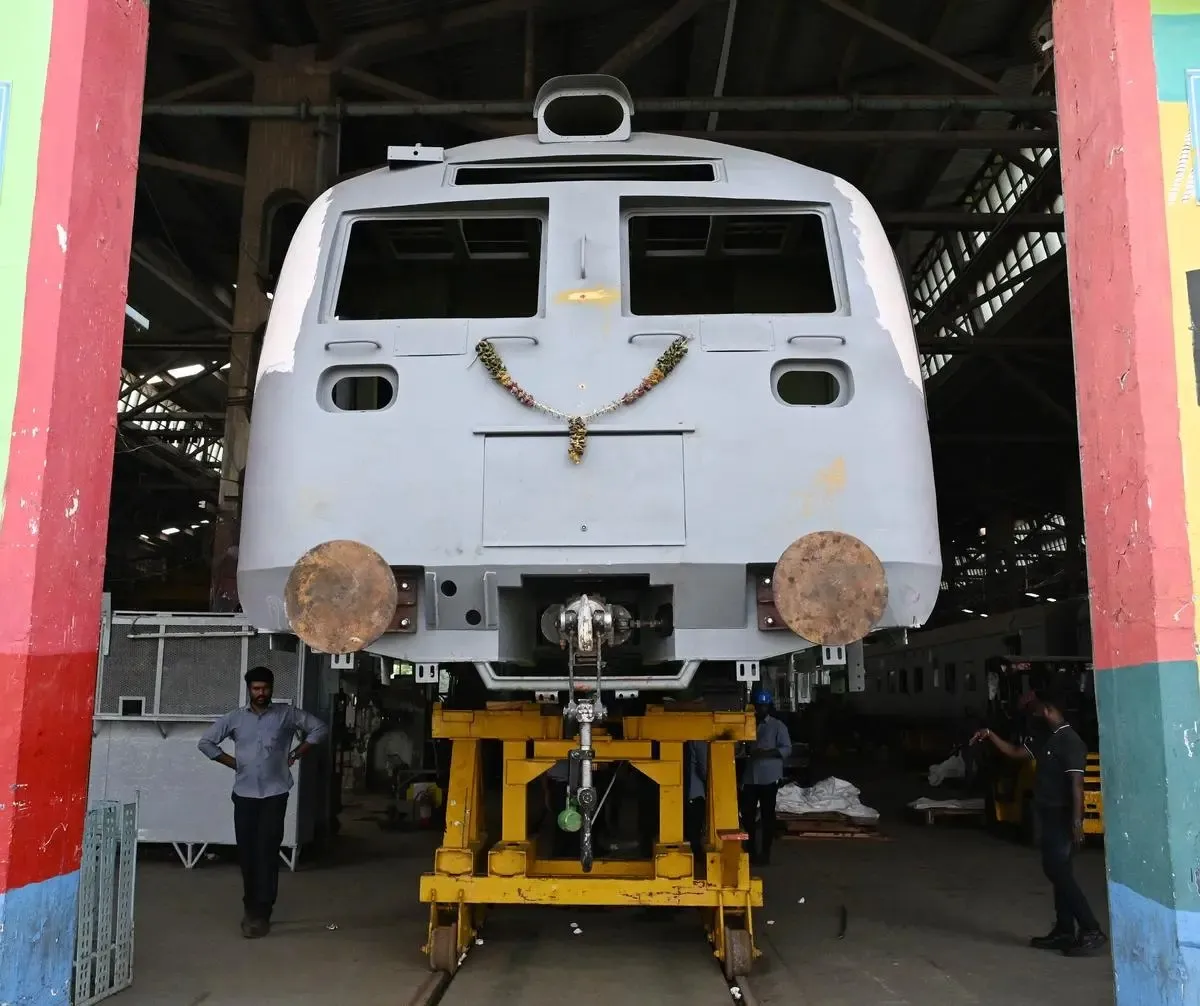India has started testing its first hydrogen-powered train on the Jind-Sonipat route. With a 1,200-horsepower engine, it stands among the most powerful globally, marking a significant step in the country’s green transport efforts.

However, full deployment may be delayed until mid-2025 due to ongoing technical refinements. This could impact its planned introduction on the Kalka-Shimla heritage route.
Officials from Indian Railways report that while initial trials are promising, adjustments are needed to enhance the hydrogen fuel cell’s efficiency. Additional testing over the next few months makes the original December 2024 target unlikely.
Built by the Integral Coach Factory (ICF) in Chennai, the train outperforms European models, which typically have 500–600 horsepower. Designed for speeds up to 110 km/h, it features one passenger coach and two hydrogen storage coaches, accommodating 2,638 passengers.

This initiative is part of the “Hydrogen for Heritage” program, aimed at modernizing rail transport while preserving historical routes. The government has committed Rs 2,800 crore ($336 million) for hydrogen train development, with 35 units planned. An additional Rs 600 crore ($72 million) is set aside for hydrogen infrastructure.
These trains are expected to reduce emissions and diesel dependence, especially in challenging terrains. An 8-coach hydrogen train, the longest of its kind, is also in development.

India is leveraging hydrogen technology to support its net-zero emissions target by 2030. Once fully operational, these trains will contribute to reducing greenhouse gas emissions while modernizing the rail network.
